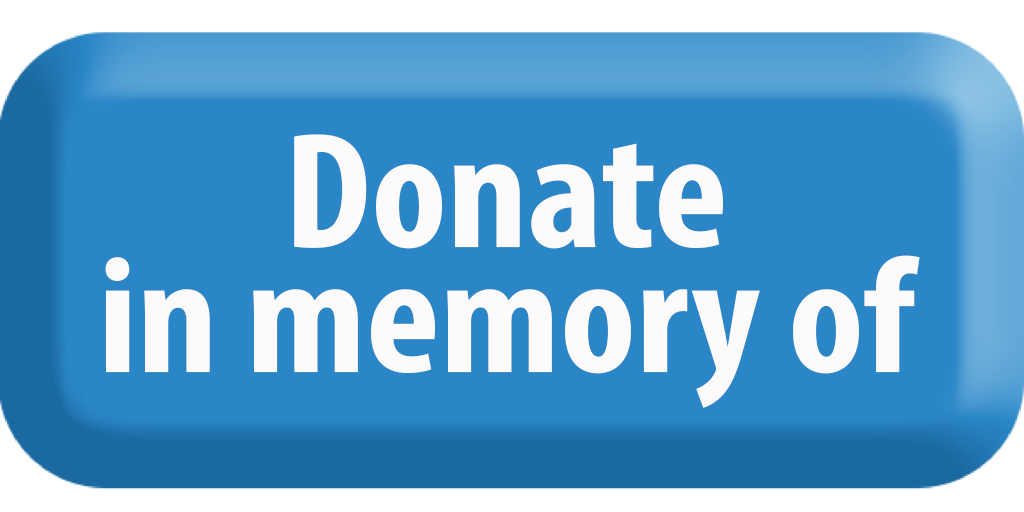Dear Hope Nation,
Last night’s Sicker than Most was delightfully DIY and fun! If you missed it, mark your calendar for May 16 at 7:30.
I enjoy hearing from each of you. A couple dozen Hope members have contacted me over the past month, and each conversation has been meaningful. Do keep (or begin) calling—not just me, but anyone you’ve got in your phone, and ask how people are doing. Really. Likewise with texts and Facebook messages. Human contact matters more now than ever.
When I do talk with Hope folks, three questions get asked almost every time. I’ll give you the questions and the answers here, but I want to continue communicating with you.
- How are you doing, Keith?
Honestly, I’m doing great, and wish everyone else was as well. Most of you know before I came to Hope I spent about a year living alone in New Hampshire’s Great North Woods, a few miles from the Canadian border. Given cold and snow up there, I got used to not seeing anyone else for days at a time, and since I was living in the Tiny White Box, I got really good at amusing myself by writing and reading and listening to books, music and podcasts. Most of you also know that in mid-February I bought a house north of Concord. It’s a log cabin on a few acres abutting conservation land and with a pond across the road. Lucy and I, along with my oldest daughter and her two cats, are comfortably hunkered down and most of the boring parts of my job can be done from home using a computer and Zoom. The important part of my job—interacting with people in recovery and trying to make sure each of us makes it one more day without using—is what I miss.
- How is Lucy doing?
Lucy is an extraordinarily adaptable dog, and seems to enjoy her life of walks in the woods, trying to terrify cats, begging for scraps and sleeping on the couch. That said, she’s also a mission-driven dog, and I know she misses her work at Hope, which I think she defines as making sure people are either sitting in the front or going into meetings. Overall, Lucy is doing as well as possible and better than many.
- When will Hope Reopen?
Hope will reopen when it’s safe to do so.
I know how simple and unsatisfying an answer that is, and that it immediately creates another question:
How will you know when it’s safe?
Now it’s time for a longer, more complex and even less satisfying answer. We will know it’s safe when:
- Various government agencies tell us it’s safe. While the federal and state governments get all the press, it’s really the City of Manchester’s Health Department that carries the most weight in our decision. Anna Thomas, the city’s Public Health Director, is a great supporter of Hope and an even more dedicated advocate for public health. When Mayor Joyce Craig and Anna announce it’s safe for places to reopen, we’ll start considering it.
- We’ve weighed the safety in light of our membership and its health needs. Most folks enter recovery having ignored their physical health for a long, long time, whether because of the fog of addiction or fear of being identified by a health provider. Personally, I know I was 15 pounds underweight, hadn’t seen a doctor in two years and, although I didn’t find this out until two years into recovery, had Hepatitis C. Nobody knows the exact risks of malnutrition, Hep C or HIV on the spread or severity of Coronavirus, but I know Hope has an obligation to protect its members, especially the ones who don’t know they need protection.
- We’ve determined how social distancing will affect everything at Hope, from meetings to coaching to card games. As a very simple example, the noontime NA meeting has regularly drawn 50 people, yet the large meeting room can only have 17 or so people if we’re going to maintain social distancing.
(Math Check: a 20’ X 25’ room has an area 500 square feet. A circle with a diameter of 6’ has an area of about 29 square feet. Five hundred divided by 29 is about 17.2.)
Using technology, we’re preparing ways to make recovery meetings possible, meaningful and safe. The Hope staff is working thoughtfully and diligently to identify challenges and solutions to this and dozens of other areas where going back to Before won’t be possible.
Soon, I’ll be in touch with all of you through these letters, asking for advice, energy and insight into the most creative answers. Really. I believe in the wisdom of the crowd, and know some of you are among the smartest folks I’ve ever known. Things will change. Life will get better. And
You matter. I matter. We matter.
Keith



